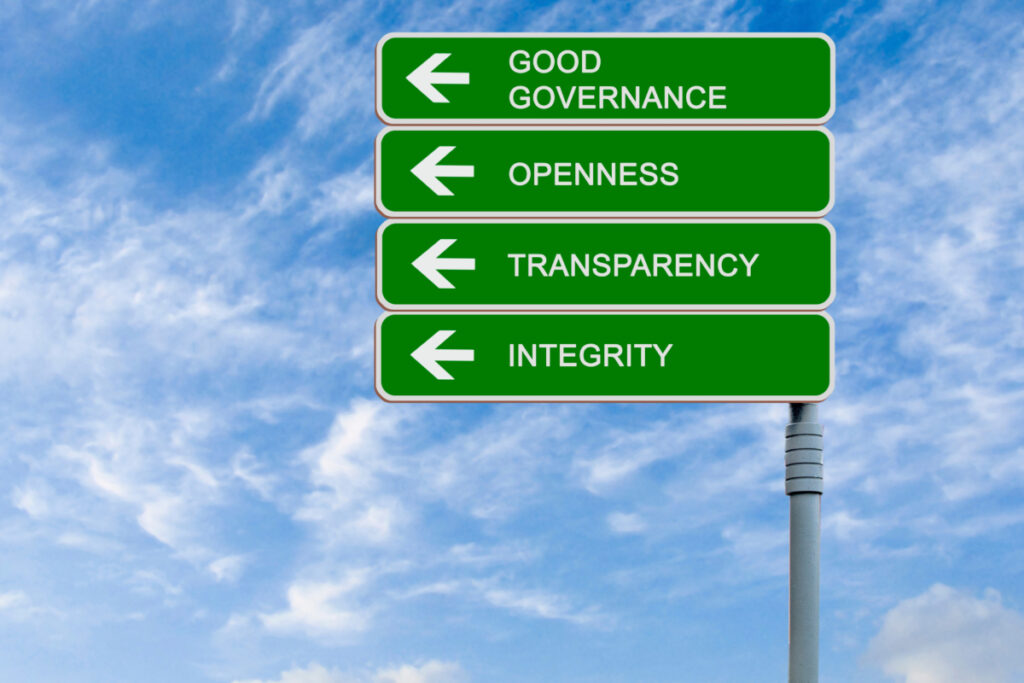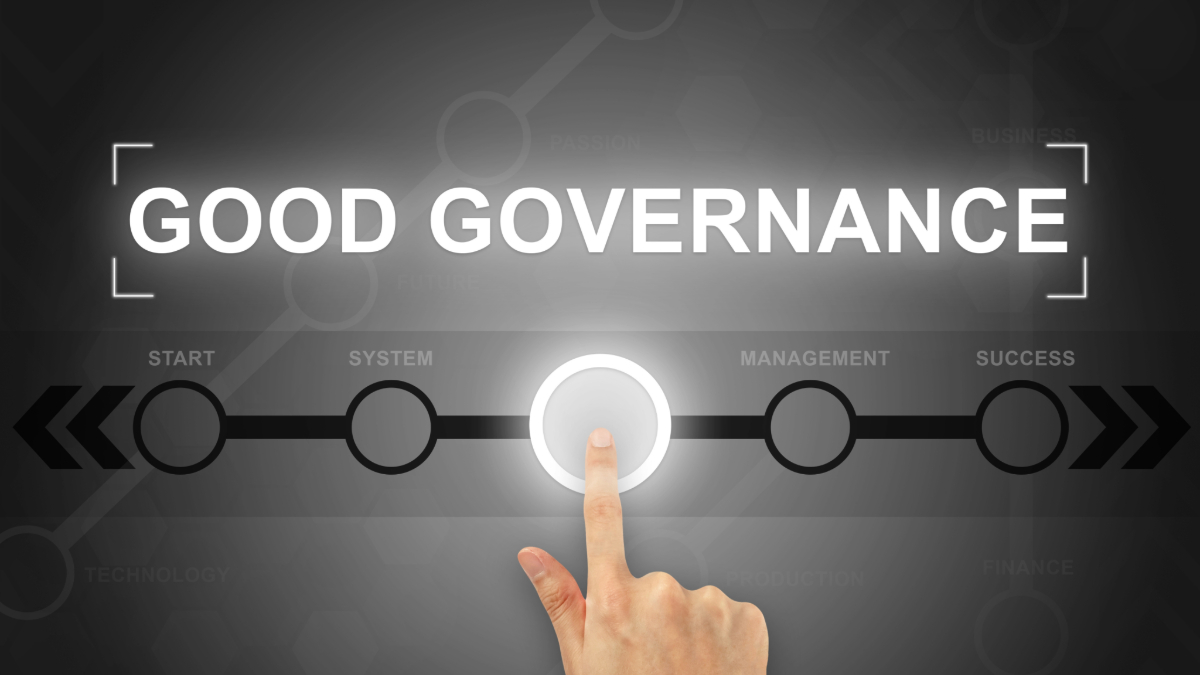Corruption erodes institutions and fuels inequality, while ethical governance builds stronger societies through transparency, fairness, and accountability. Lasting change requires more than policies—it happens when communities are empowered to demand integrity.
Community empowerment gives people the knowledge and confidence to stop corruption. Individuals can challenge unethical practices when they understand their rights and access education and leadership opportunities.
The impact of corporate social responsibility (CSR) plays a major role in this process. By supporting long-term initiatives that build capacity and leadership, CSR helps communities take an active stance in ethical governance.
Strengthening Communities Against Corruption
Ethical governance goes beyond legal frameworks. It requires fairness and accountability in decision-making at every level. When leadership lacks transparency, corruption spreads, depriving communities of resources and limiting progress.
The Head of RYTHM Foundation, Santhi Periasamy, highlights the need for long-term strategies to address deep-rooted systemic issues that allow corruption to persist.
She explains, “Real change takes time, trust, and sustained effort. Transformation doesn’t happen overnight—it requires deep community engagement, continuous learning, and adapting strategies to evolving needs.”
A notable example is RYTHM’s Safer Cities for Girls initiative with Plan India, which tackles the intersection of corruption and gender inequality. Corruption in urban planning and public services often creates unsafe spaces for young women, limiting their mobility and opportunities.
By equipping them with leadership skills and advocacy tools, the initiative empowers young women to challenge harmful norms, demand accountability, and contribute to a culture of transparency—strengthening ethical governance from the ground up.
Combating Corruption through Education
Corruption continues when people lack the knowledge or resources to challenge it. Therefore, education plays a decisive role. When people understand their rights, they can push for accountability and demand fair policies.
However, traditional learning often focuses only on academic achievement. Santhi believes a broader approach is needed. “If I had the power to create a paradigm shift in India’s education sector, I would integrate life skills, critical thinking, and value-based education into the core curriculum—making education not just about academic success but also about building well-rounded, socially responsible individuals.”
When students are taught problem-solving, leadership, and ethical decision-making, they grow into citizens who challenge corruption rather than accept it as the norm.
By embedding these principles in education, future generations gain the tools to create a society where integrity is the standard rather than the exception.

The Importance of CSR in Ethical Governance
The impact of CSR should go beyond philanthropy. Businesses have the power to strengthen societies by investing in education, leadership, and community development.
India presents both challenges and opportunities in this area. Santhi notes, “India is one of the most challenging and promising countries for CSR work. The scale of socio-economic disparities, deep-rooted systemic issues, and the sheer diversity of communities make implementing impactful CSR initiatives complex. However, these very challenges also present immense opportunities for lasting change.”
RYTHM’s upcoming Empowering Remote Communities project in Arunachal Pradesh and Meghalaya demonstrates how CSR promotes long-term impact. By addressing education and economic barriers, the initiative helps communities build resilience and reduces their vulnerability to corruption.
The Way Forward for CSR
Combating corruption and driving lasting change through ethical governance requires persistence, as shifting mindsets and dismantling harmful systems take time. When communities and businesses invest in education, leadership, and accountability—moving beyond philanthropy toward true empowerment—they lay the foundation for a just, transparent, and integrity-driven society.
Be part of the change and promote ethical governance today!





